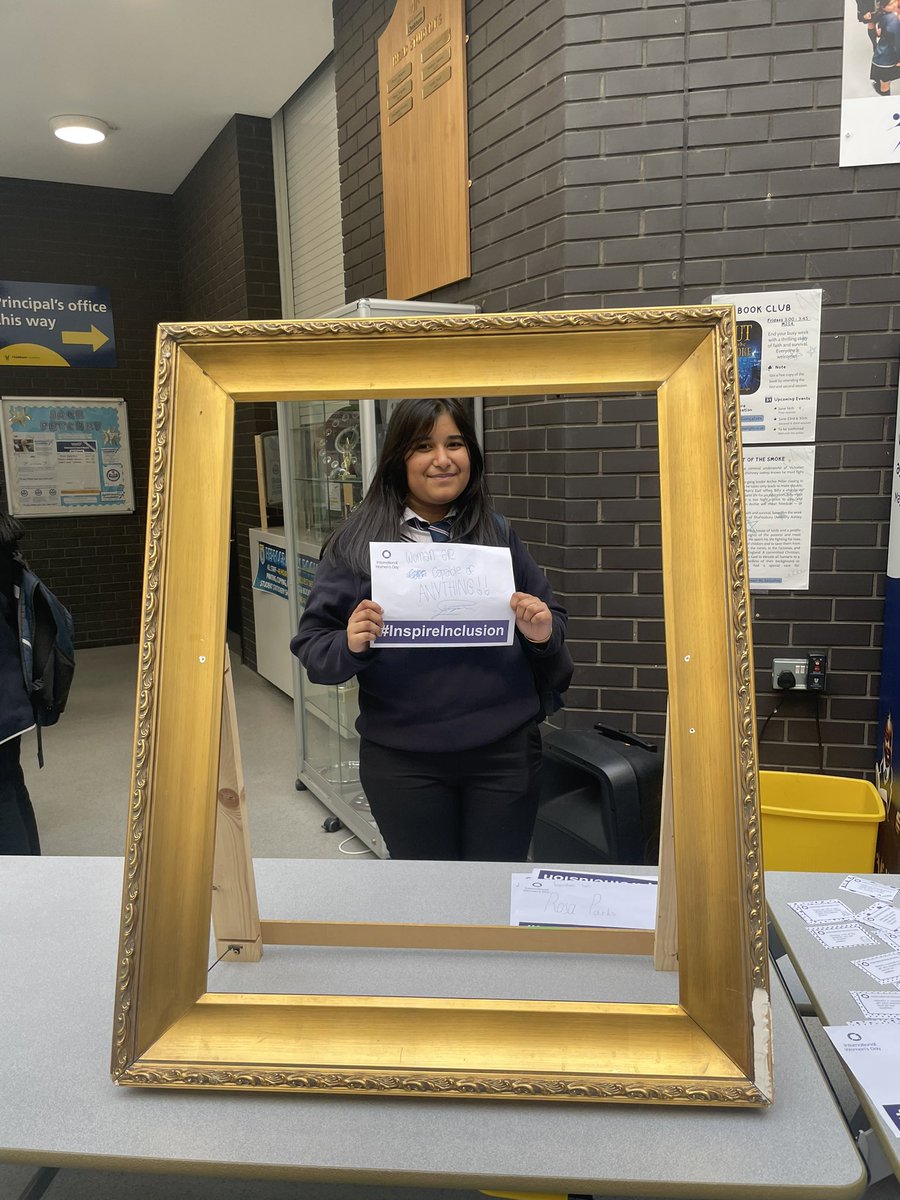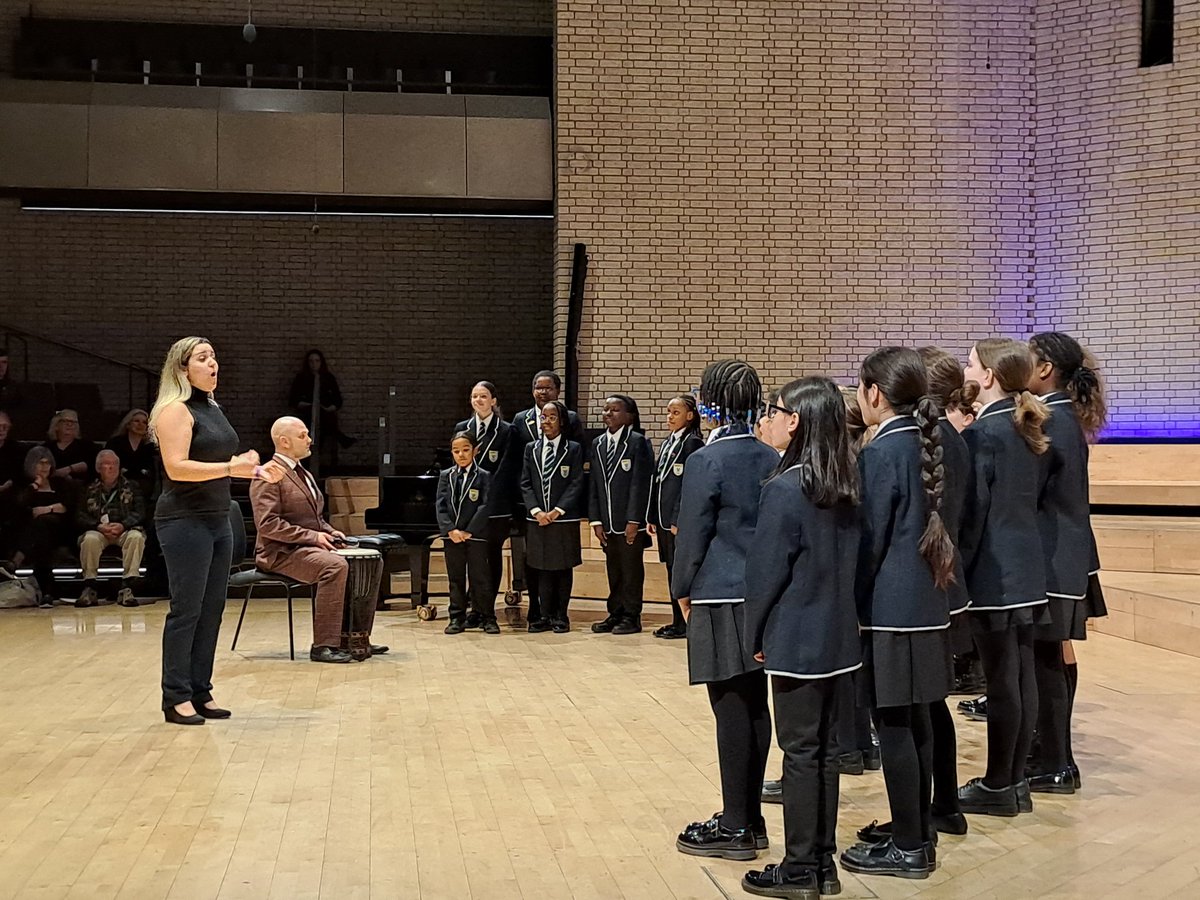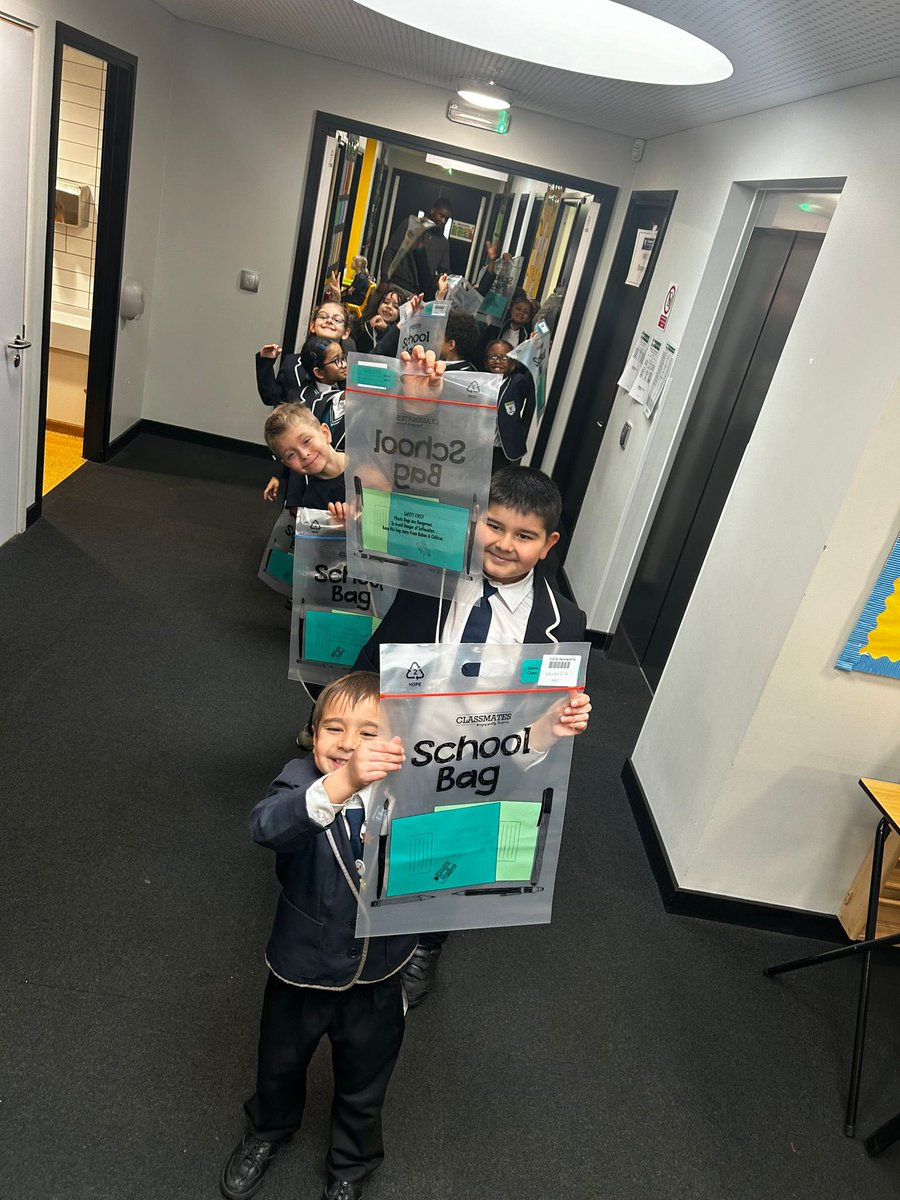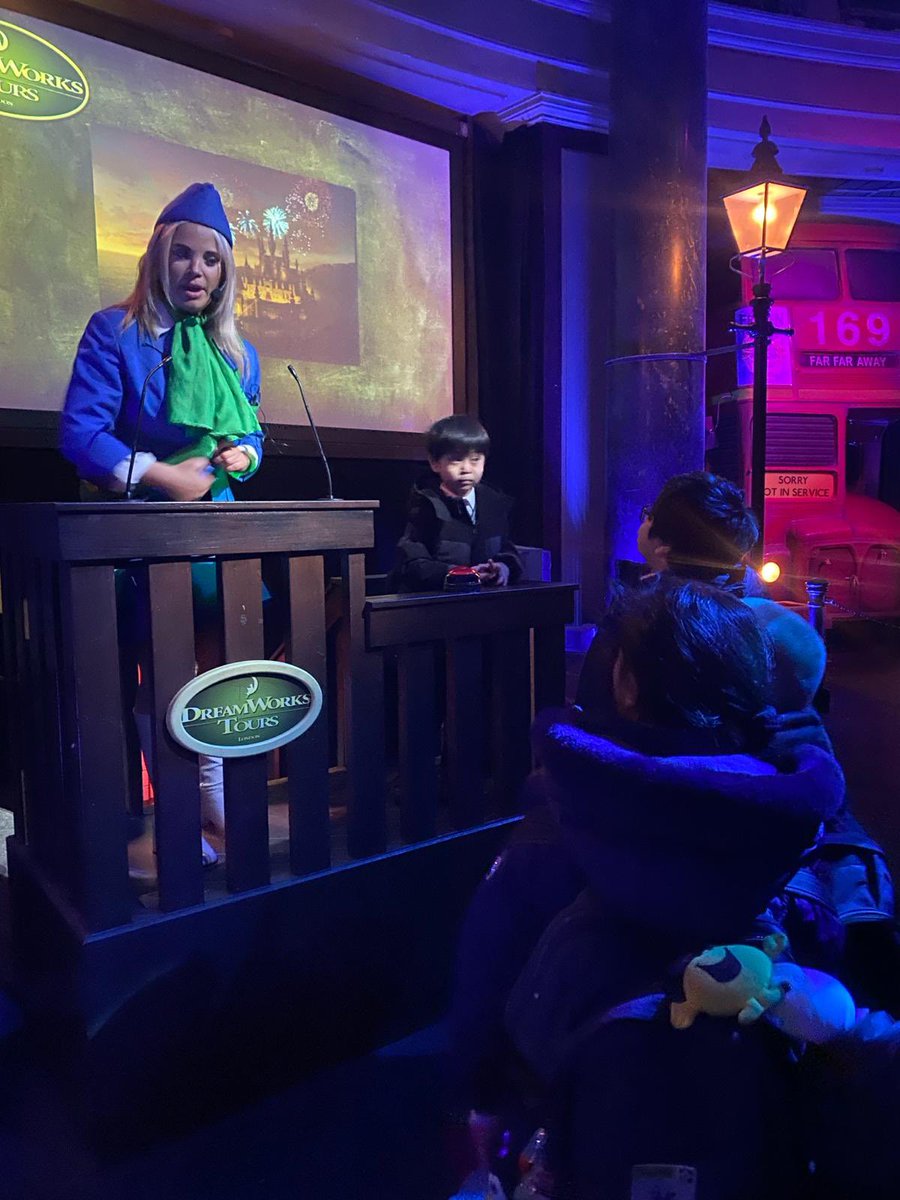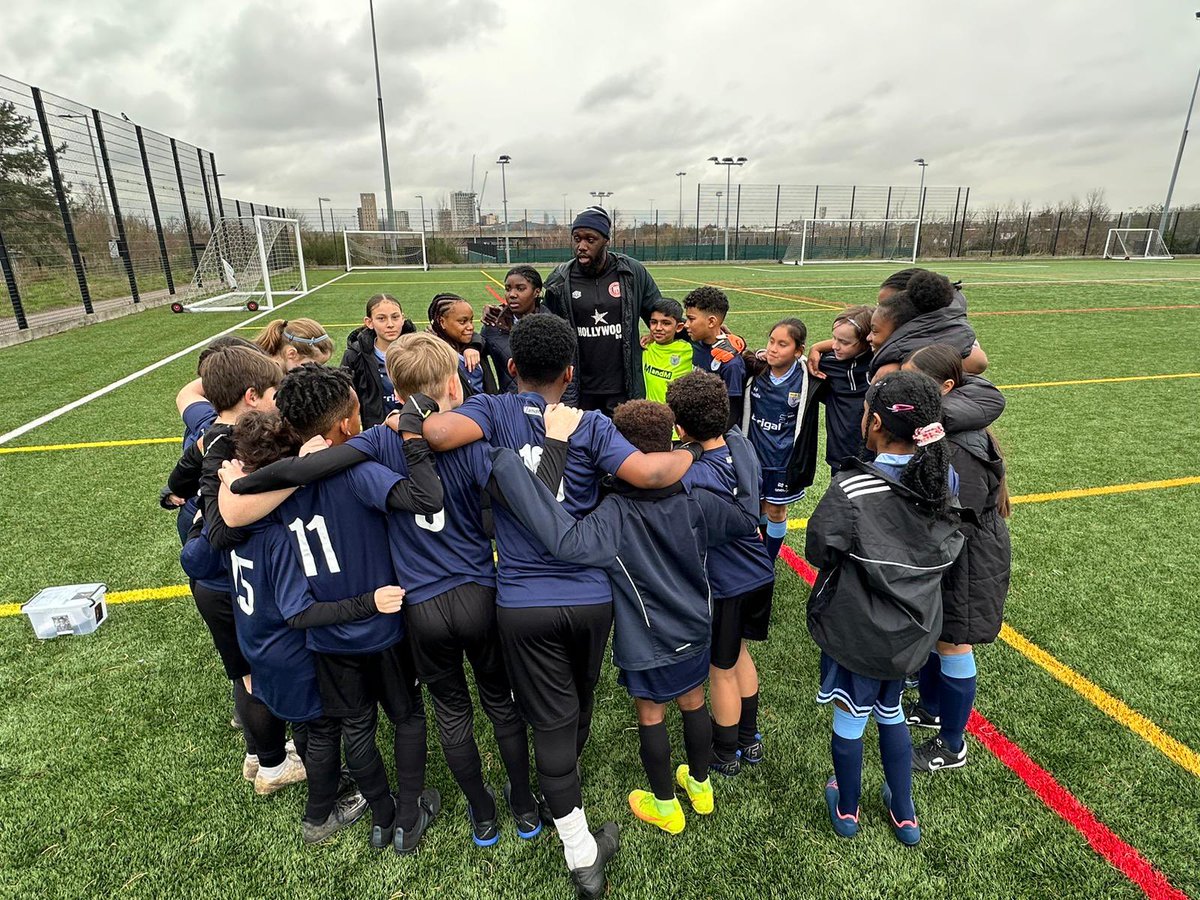Computing
Intent – why do we teach what we teach?
The intent of teaching Computing at Harris Academy Chobham Primary is to provide an exciting, rich, relevant and challenging curriculum for all pupils which enthuses and equips children with the capability to use technology throughout their lives. We aim to instill critical thinking, reflective learning and to teach pupils to become responsible, respectful and competent users of data, information and communication technology.
The computing curriculum will furnish pupils with skills, strategies and knowledge that will enable them to reap the benefits of the online world, whilst being able to minimise risk to themselves or others and be a confident, well-rounded global citizen beyond school.
Online safety plays a huge part of the computing curriculum as we intend for our pupils to be able to confidently use technology safely, respectfully and responsibly; recognise acceptable/unacceptable behaviour and identify a range of ways to report concern about content and contact. The curriculum provision incorporates the government’s framework ‘Education for a Connected World’ which equips children and young people for digital life.
Coding and programming skills are embedded from Year 1 up until the end of KS2, and children enter KS3 being able to design, write and debug programs that accomplish specific goals, including controlling or simulating physical systems and also to solve problems by decomposing them into smaller parts. They will be able to use sequence, selection and repetition in programs; work with variables and various forms of input and output; use logical reasoning to explain how some simple algorithms work and to detect and correct errors in algorithms and programs. In addition, they will understand computer networks, including the internet; and how they can provide multiple services, such as the World Wide Web, and the opportunities they offer for communication and collaboration.
Pupils at Chobham will become proficient users of information technology by the end of KS2 with the skills to use search technologies effectively, appreciate how results are selected and ranked, and be discerning in evaluating digital content. The intent is for all pupils to additionally be able to select, use and combine a variety of software (including internet services) on a range of digital devices to design and create a range of programs, systems and content that accomplish given goals, including collecting, analysing, evaluating and presenting data and information.
Our computing curriculum has been designed with progression in mind to prepare the pupils for the KS3 curriculum and beyond. From the start of their secondary education, pupils will build on their existing knowledge develop their computing skills even further by using different software programs in Computer Science.
Implementation – how do we teach what we teach?
To deliver the computing curriculum effectively, we dedicate one hour a week to discretely teach computing in years 1-6. In the early years, the foundation-stage pupils continue to be exposed to digital devices as part of their learning and begin to explore their uses as part of ‘Understanding the World’. The spiral curriculum ensures that when children enter year 1, they are equipped with the foundational knowledge to access the next phase of the curriculum as the recurring strands of computing are embedded into each overview.
Pupils follow a carefully planned scheme of work, which has been tailored for the contextual needs of our school. The three strands of computing are taught in each year group and knowledge and skills are built-on over time in computer science, information technology and digital literacy. Within the three strands, the core areas of computing are covered: computational thinking, computer networks, programming, the ‘Education for a Connected World’ framework, and a wide range of IT processes.
We use the Purple Mash software to deliver the computing scheme of work and we have access to all the 2Simple apps and tools to support its delivery. We also utilise other software, such as Office 360, to teach certain IT and to link to our cross-curricular topics throughout the year. In addition to the curriculum provision, pupils partake in extra-curricular activities and events such as ‘Safer Internet Day’ and ‘Coding Club’.
Every child can access the computing curriculum; the units of work are differentiated where necessary. This ensures that there is sufficient challenge for those who require it, such as more independent tasks, and more scaffolded learning for those who need the extra support. For children with SEND, the computing curriculum is adapted for their specific needs, such as having adult support or exploring algorithms with Beebots, yet still covers the three strands of computing. All learners have access to high-quality computing teaching and learning at Chobham Academy.
Pupils at Chobham get the opportunity to be Digital Leaders which makes them responsible for supporting computing in their classes and across the school; they are the ambassadors for the subject. We have implemented an extremely popular ‘Coding Club’ in which the Digital Leaders in Year 5 and 6 all attend. The Digital Leaders then run their own coding clubs for the younger years and impart their knowledge to those in Years 1-4. These coding clubs are open to all ages and all abilities: learning to code at Chobham Academy is fully accessible and inclusive.
Impact – how do we know what pupils have learnt and how well they have learnt it?
The impact of the computing curriculum for the pupils at Chobham is clear: they become confident problem solvers who can apply computational thinking to everyday life. To measure their achievement, we use formative and summative assessments throughout the school year. Formatively, we assign key judgements for each piece of online work and give immediate, meaningful feedback against the three strands of computing during each lesson. Each completed piece online work is saved in individual pupils’ folders as evidence of progress; this stays in their online folder as they move through the school. Computing work which is completed ‘unplugged’ is saved in the class computing folder and immediate feedback is given to pupils as they work through any offline work.
Summative assessment takes place at the end of each unit of work and is recorded on the class assessment tracker. Grades are a combination of overall judgements; teacher assessment and scores from end-of-unit multiple choice quizzes which are marked according to the assessment framework (emerging, expected, exceeding). At the end of each school year, the assessment tracker shows the final judgement for each strand of the computing curriculum.
Pupil voice is also a key indicator of the impact of the curriculum – this is gathered each term from a wide range of pupils from across all age ranges and helps us determine that our implementation is having the desired impact. It is also important for our pupils to be able to verbalise what they have learnt and how this is useful to them moving forward.


